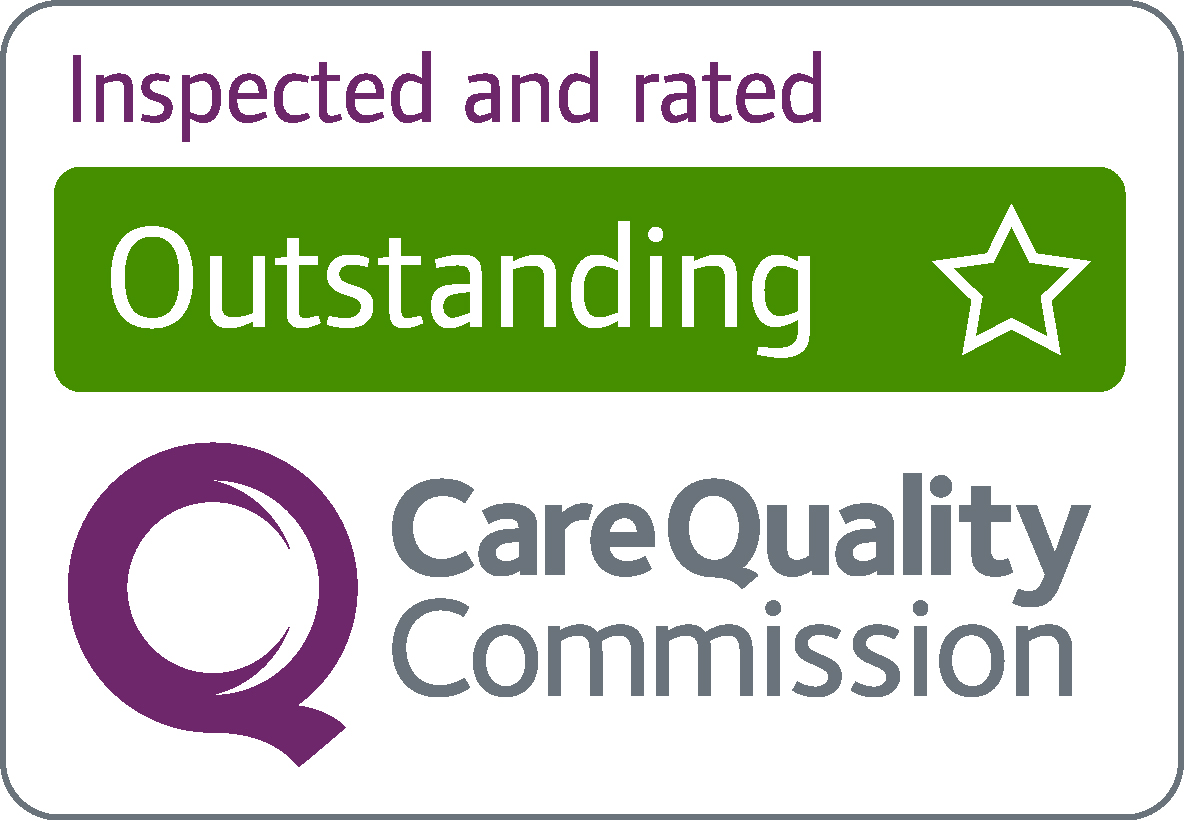Anal fissure
The main symptoms of an anal fissure are:
- severe, sharp pain when you poo
- burning pain after you poo that may last for several hours
- bright red blood in the toilet or on the toilet paper after you poo
There are other causes of pain around your anus and bleeding from the bottom (rectal bleeding), such as piles (haemorrhoids).
If you think you might have an anal fissure, there are some things you can try to see if they help.
Do
take paracetamol or ibuprofen to help with pain
drink lots of fluids and eat plenty of fibre to keep your poo soft
have a warm, shallow bath after you poo to ease pain in your bottom
keep your bottom clean and dry
Don't
do not ignore the urge to poo
See a GP if:
- you or your child have symptoms of an anal fissure and they're getting worse, or there's no improvement after 7 days of treating it yourself
To check if you have an anal fissure, your GP will ask about your symptoms and look at your anus.
You may be referred to a specialist for an examination under general anaesthetic if:
- your GP is not sure if you have an anal fissure or if something serious may be causing it
- the examination is causing you pain or painful muscle movements in your anus (spasms)
An anal fissure usually heals on its own.
If an anal fissure is not healing or your symptoms are getting worse, you may need treatment.
The main treatments for anal fissures are:
- laxatives to help you poo if you have constipation
- medicines to help with pain after you poo, such as Buscopan or mebeverine
- a cream you put on your anus that helps with healing – you may need to use this for up to 8 weeks
If these treatments do not work or you keep getting anal fissures, a procedure may be recommended, such as:
- an injection into your anus to help the muscles relax so the tear can heal
- making a small cut in the muscle in the anus to reduce tension and let the tear heal
These will be done under general anaesthetic, so you'll be asleep and will not feel anything.
It's not always clear what causes an anal fissure. They're more common in people aged 15 to 40, and in young children.
You may be more likely to get an anal fissure if you:
- have constipation – this is a common cause of anal fissures in children
- have diarrhoea a lot
- are pregnant or have given birth vaginally
- have a condition such as inflammatory bowel disease (IBD), Crohn's disease or ulcerative colitis
- have a sexually transmitted infection (STI), such as syphilis or herpes

